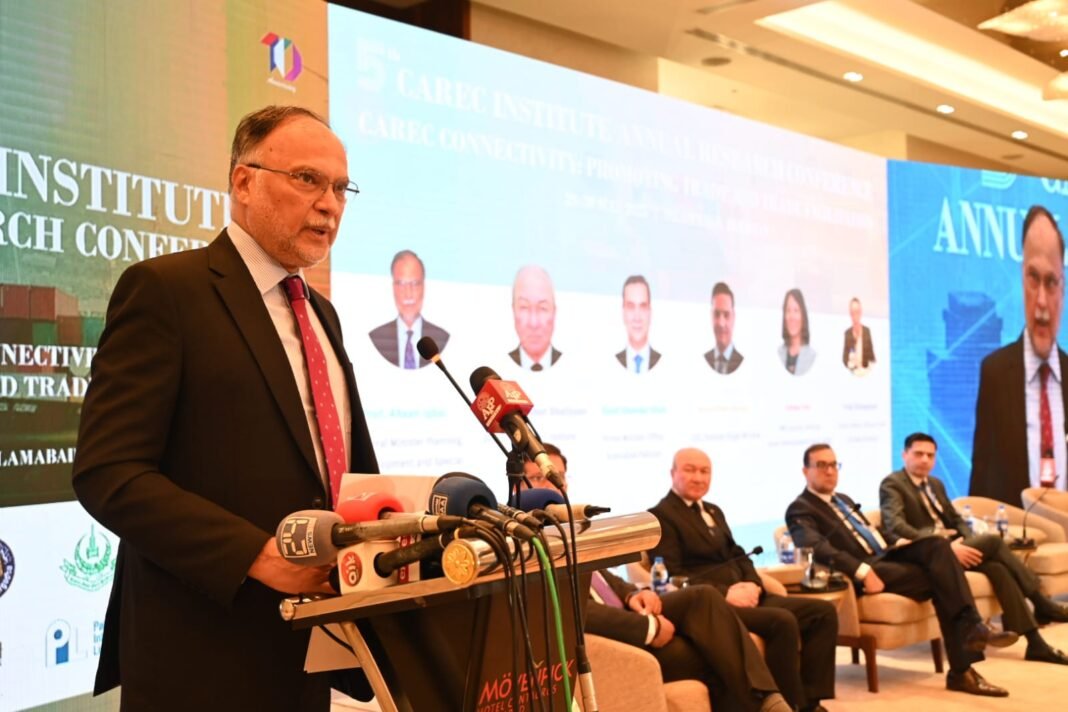
Faisalabad, — A high-level national consultative session on “Priorities and Pathways: Developing a National Food Security and Nutrition Research Agenda for Pakistan” concluded at the UAF with leading academic, government, and development voices co-creating a research agenda based on equity, resilience, and evidence.
The two-day event, co-convened by the Global Alliance for Improved Nutrition (GAIN), the National Institute of Food Science and Technology (NIFSAT), and the Pak-Korea Nutrition Centre (PKNC), gave rise to a powerful conversation on the food future of Pakistan
The consultative session was inaugurated with enthusiasm by Professor Dr. Imran Pasha, Director General of NIFSAT, who welcomed the stakeholders and emphasized the great need for academic research in the challenges faced by food systems.
Ms. Farrah Naz, Country Director, GAIN said, “This dialogue is not about isolated initiatives. It’s about shaping a collective response to dietary inequity, malnutrition, and food safety. The time to move from pilots to policy is now.”
Beginning his address, Faiz Rasool, Head of Policy & Advocacy at GAIN, emphasized, “We’re not starting from scratch—we’re starting from strength. But we must now align our strengths into a coherent, actionable research agenda. This is not just a technical document, it’s a social contract with every citizen of Pakistan who deserves safe, nutritious, and affordable food.”
The participants appraised thematic discussions in-depth across six thematic areas: non-communicable diseases, diets and food environments, food safety, post-harvest losses, climate resilience, and governance, with each group producing actionable priorities ranging from taxing unhealthy food products and introducing AI tools for nutrition surveillance to strengthening food safety legislation and encouraging climate-resilient agriculture.
Offering his reflections on the state of food systems, Prof. Dr. Zulfiqar Ali, Vice Chancellor of UAF and distinguished wheat breeder, publicly emphasized the evolution following World War II: “We overcame famine but at the cost of food quality. The hidden costs of our food systems now exceed 13 trillion dollars globally. Food systems transformation is no longer optional—it’s urgent. And this agenda belongs not just to agriculture, but to all of government and society.”
Dr. Allah Rakha, Policy Lead at PKNC, was fully supportive of the reflections and emphasized the need for system coherence and multisectoral partnerships to advance the research agenda.
The session was wrapped up by deliberations on operationalizing research priorities, coordinating institutionally, and setting up an implementation mechanism. Collective commitment was expressed by stakeholders to have this agenda translated into impact at both community and policy levels.
As Pakistan leans toward food systems transformation, this consultative process marks an essential intervention on how to shape a future with nutrition, sustainability, and equity at the core of national development.
Sohail Majeed is a Special Correspondent at The Diplomatic Insight. He has twelve plus years of experience in journalism & reporting. He covers International Affairs, Diplomacy, UN, Sports, Climate Change, Economy, Technology, and Health.






![logo-1[1]](https://globalnewspakistan.com/wp-content/uploads/2025/01/logo-11-e1737618310315-300x187.png)